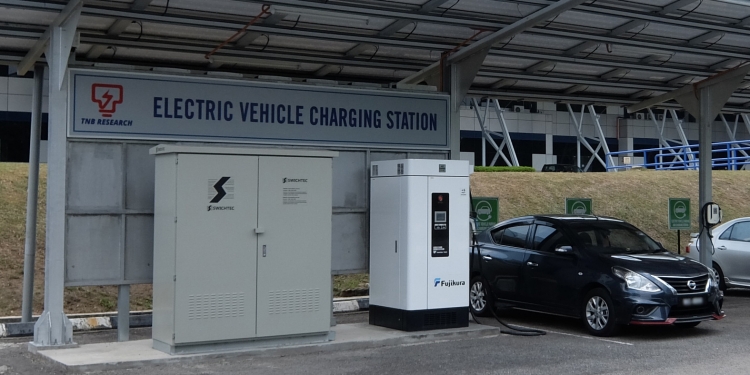Aside from the electric vehicles themselves, today’s Budget 2023 announcement also has something in store for the charging infrastructure that supports them. Minister of Finance Tengku Zafrul Aziz said that Tenaga Nasional Berhad (TNB) will invest in an EV charging infrastructure which, when combined with its efforts to install rooftop solar panels, make up a total expenditure of RM165 million from now until 2025.
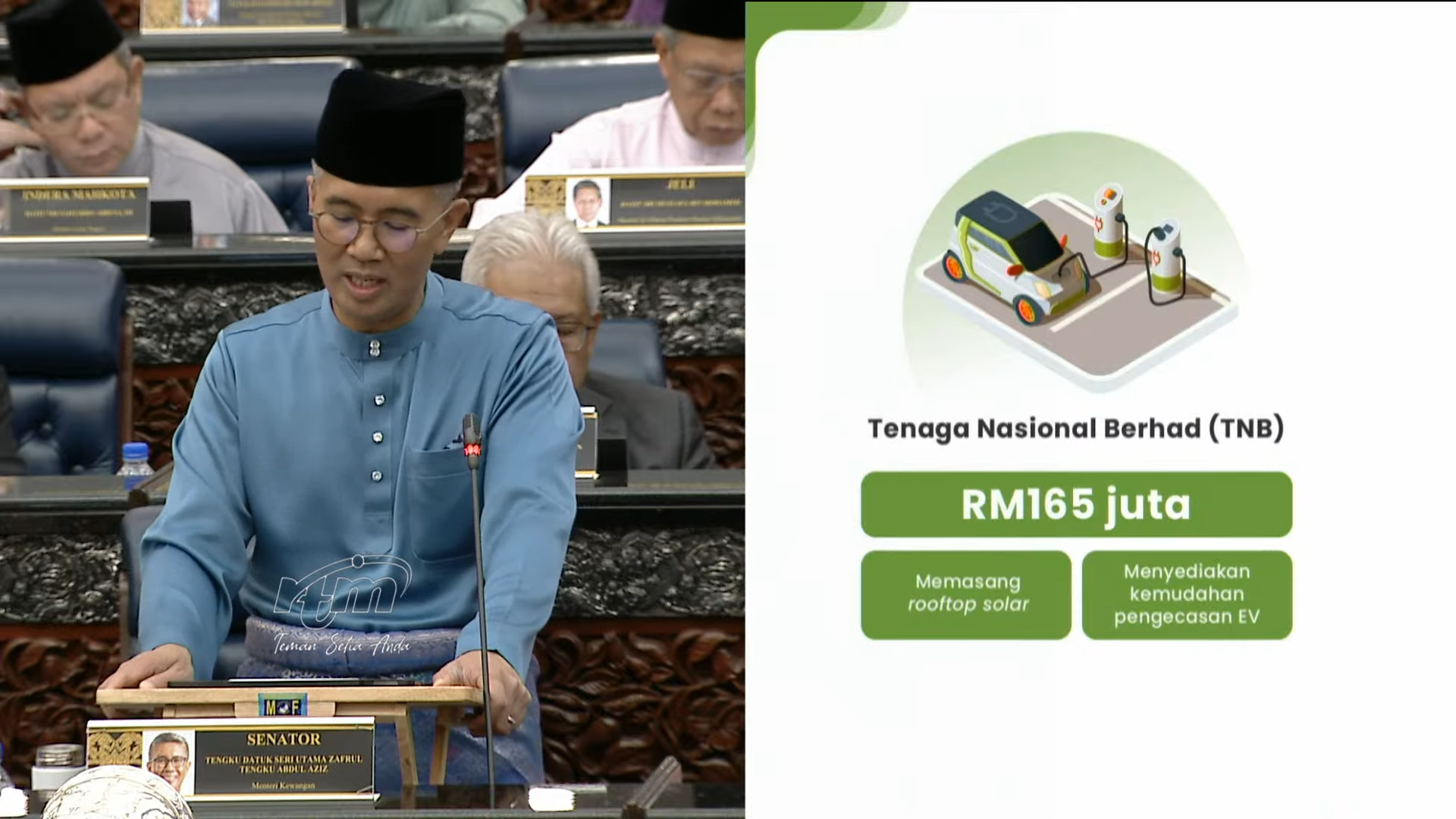
The utility company will join a burgeoning fray of local charging providers, including ChargEV, Shell Recharge, JomCharge and Petronas’ Gentari. No details have been revealed just yet, but TNB has already signed a Memorandum of Understanding (MoU) with PLUS to install chargers on the latter’s highways. The preliminary agreement also includes the installation of solar panels, so it’s likely this is the programme the company is investing in.
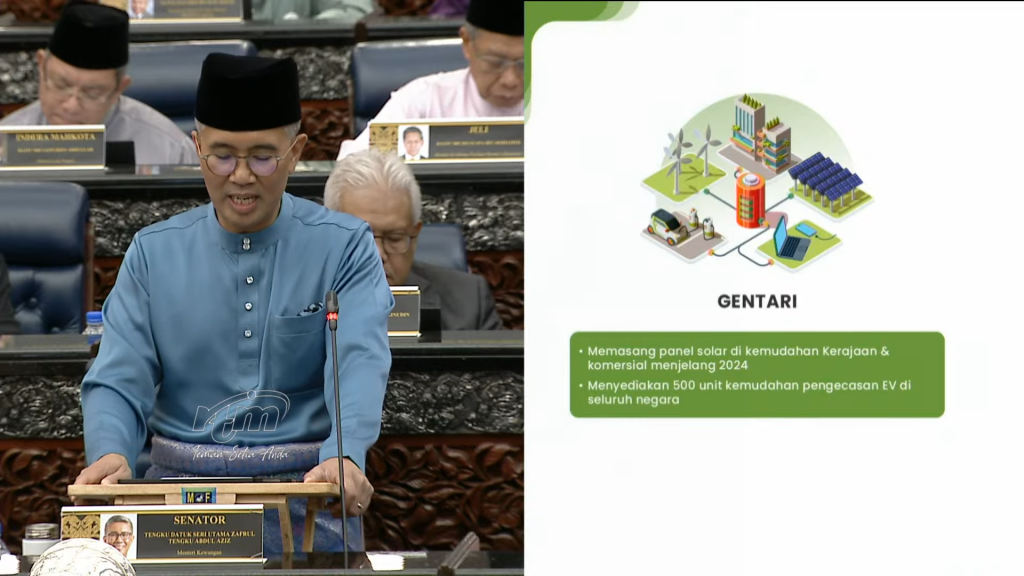
Speaking of Gentari, the renewable energy company will be installing 500 charging stations in Malaysia, a huge increase from the mere 12 locations it has currently. There’s no timeline for the plan’s completion, though Tengku Zafrul also said the firm will install rooftop solar panels at commercial and government facilities by 2024, with a combined photovoltaic capacity of three megawatts.
Gentari’s EV charging infrastructure is expected to grow exponentially over the next few years—it has previously revealed plans to install 9,000 public charging points in Malaysia and India by 2026, as part of its goal to deliver 25,000 chargers across the Asia Pacific region by 2030.
Will this change the state of Malaysia’s infrastructure?
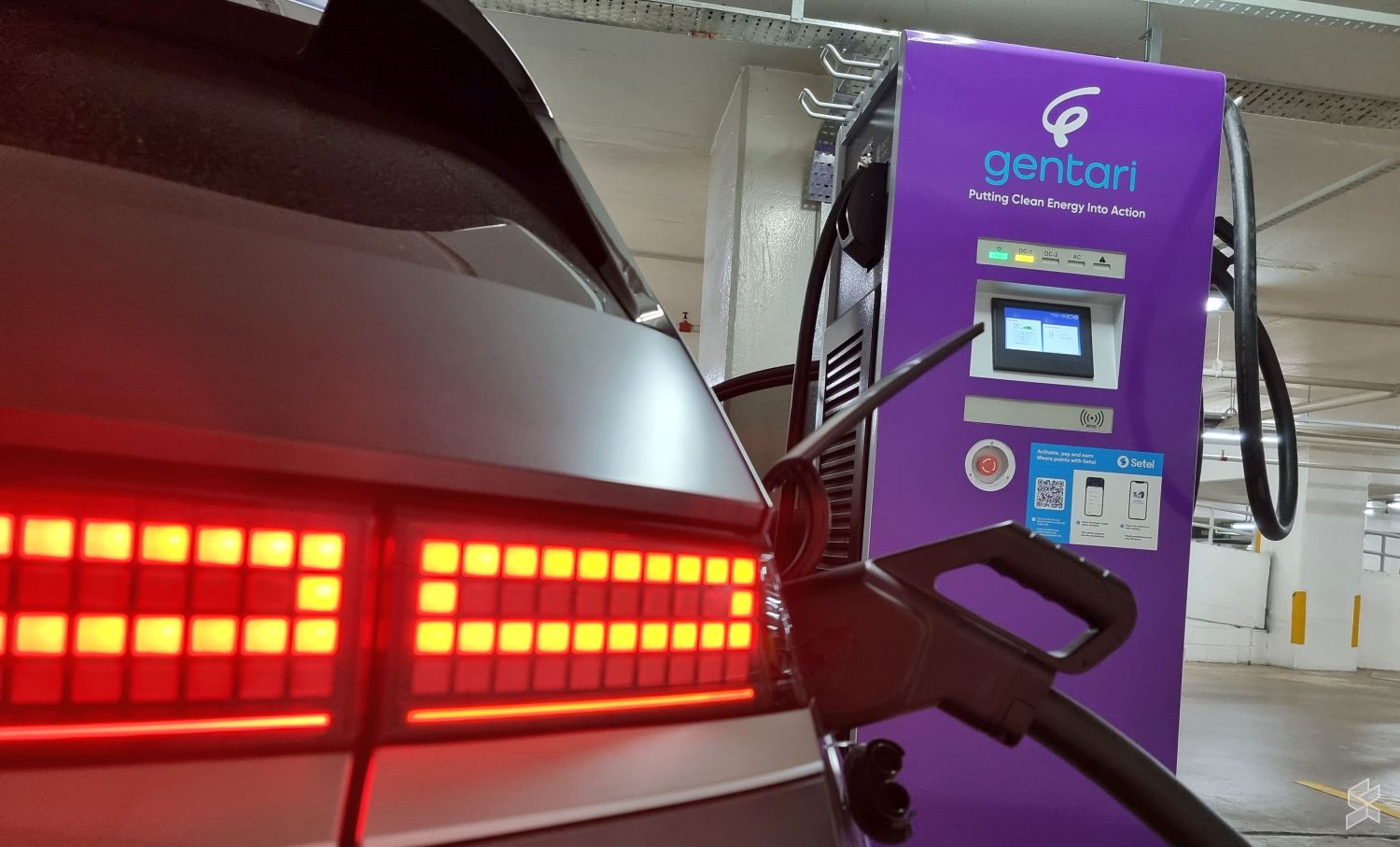
The news is a welcome development in the EV space, especially given that the local infrastructure still has a long way to go to support the growing number of electric cars in Malaysia. There are lots of chargers already around, particularly in the Klang Valley, but the presence of two big names will almost certainly improve the access, consistency and reliability of the ecosystem.
In particular, TNB will have a huge advantage entering the ring. Current laws state that the company is the only party allowed to sell electricity directly to customers. This has made it nearly impossible for other charging providers to charge EV drivers (geddit?) for the amount of energy they put into their cars.
We’ve seen a myriad of creative pay-per-use workarounds as a result, including charging users for every minute of use, as Shell Recharge, JomCharge and Gentari are doing. This is especially unfair at ultra-fast (circa-180kW) DC charging stations, as most cheaper EVs are not able to take advantage of the high wattage. As such, they will take longer to charge and end up costing the user more than those who can afford a more expensive and faster-charging EV.
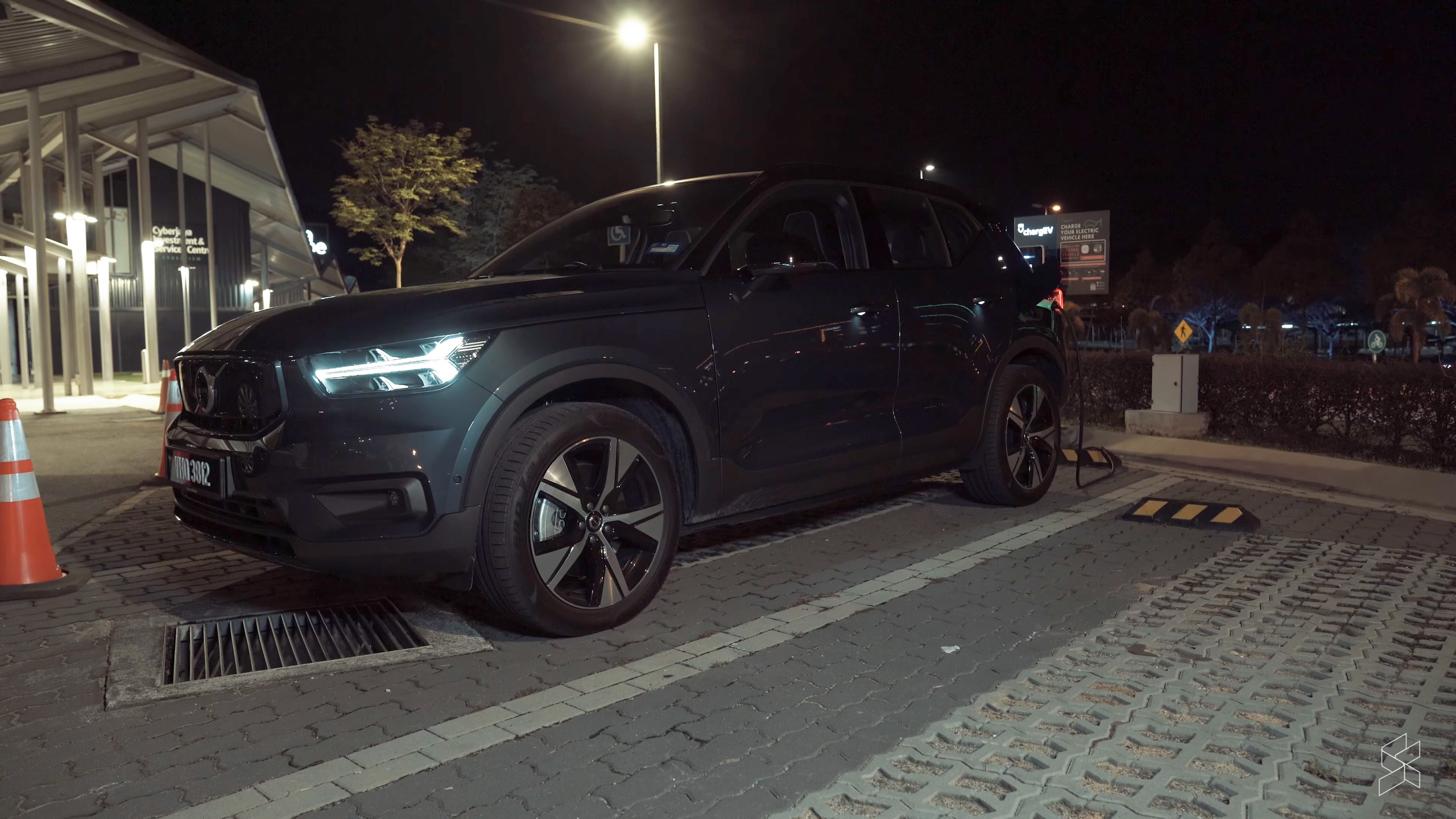
ChargEV, on the other hand, charges a yearly subscription for use of its AC chargers, costing RM240 per annum. Unless the government amends the rule, TNB stands to profit greatly as it has the ability to provide a charging rate that is fair to all customers.
Above all else, TNB and Gentari will need to prove it is able to maintain their chargers and keep them in working offer. As we’ve discovered twice when reviewing EVs, companies like ChargEV do not have the best track record in terms of charger reliability. You can check out our experiences in the Hyundai Kona Electric and Volvo XC40 Recharge reviews.
[ IMAGE SOURCE ]
Related reading
- Budget 2023: CBU EVs to continue being tax free until 31 Dec 2024
- Volvo XC40 EV review Malaysia: It’s great, but the infrastructure just isn’t there yet
- Gentari’s Suria KLCC 60kW DC EV fast charger now cost 60 sen per minute
- Petronas Gentari Pedas-Linggi 180kW DC EV fast charger now costs RM3 per minute

